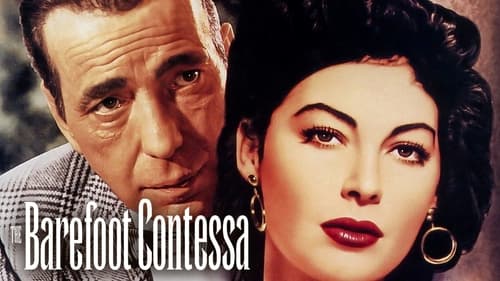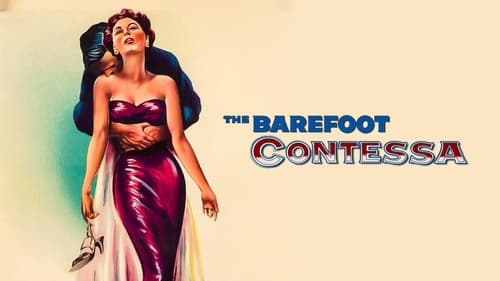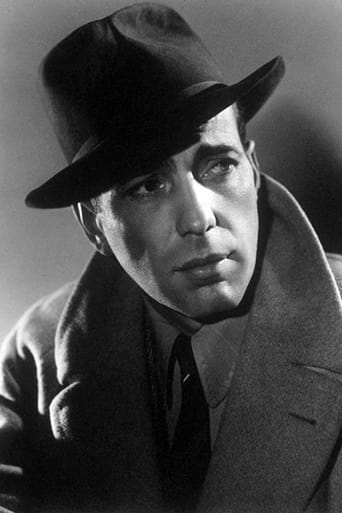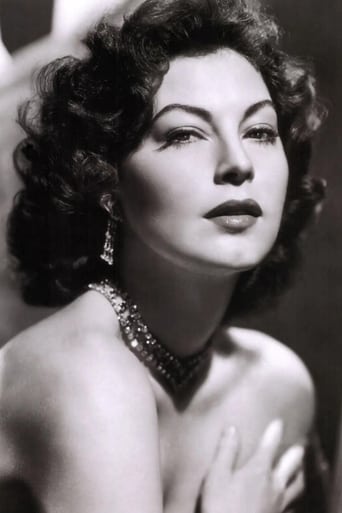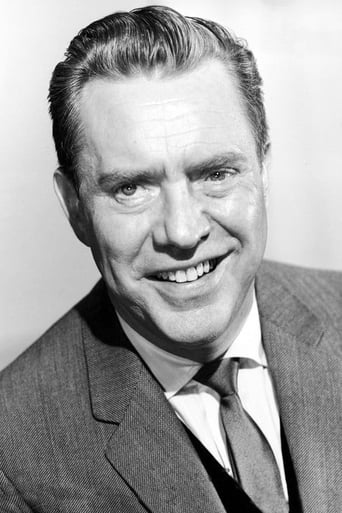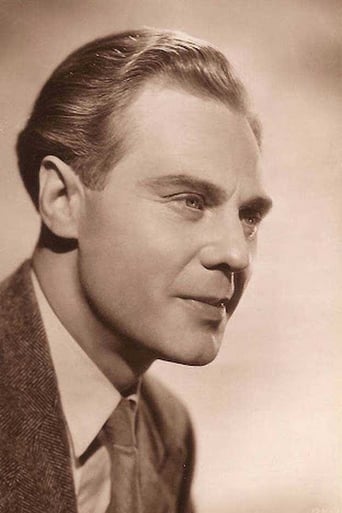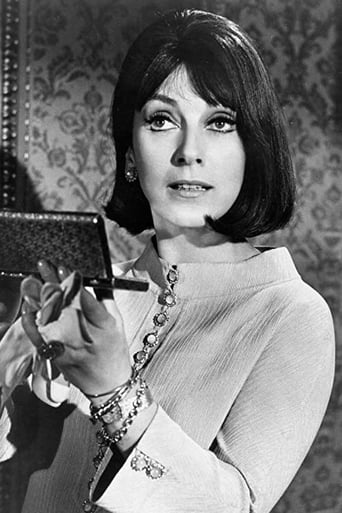ElMaruecan82
"Life, every now and then, behaves as though it had seen too many bad movies". Coming from Joseph L. Mankiewicz, as accomplished a writer as a director, this remarkable preterition works like a clever warning: don't get too fast on accusing the script to be too formulaic, talky or hackneyed, "The Barefoot Contessa" is set in a world of pretension, from Hollywood to the European jet-set, behavior is dictated by predefined codes, by a person's aura or by a hierarchy that never tells its name, whose people are all characters guided by the writing and directing of a divine instance, called fate.But I must say I was disappointed when I learned that the story of Maria Vargas, "The Barefoot Contessa", was based on Rita Hayworth, or some actress named Anne Chevalier. It was too great a coincidence but I thought it was meant to be from and of Ava Gardner, and only Ava Gardner, for her biography is one of these peculiar cases when reality is strangely more fascinating than fiction, especially when the kind of fiction we're talking about is fairy tale. Now I even realize that "The Barefoot Cinderella" who'd have been quite a fitting title, if only to sustain the idea that this was a princess who had everything to triumph over adversity, looks, heart and that inspiring sparkle in the eye, but no Prince at all… and what more tragic than a Cinderella remaining barefoot? And Ava Gardner was that kind of Cinderella-figure. She was uniquely beautiful; she was revered as one of the most beautiful actresses of the world, if not the most. And despite all the looks she had, and the stardom she was brought to, she never felt totally happy, she had only three men, no children, and left the silver screen with mixed memories. How can a woman blessed by such a voluptuous body and illuminating face, kept such a miserable opinion on a success served on a silver, no, golden plate? That's the kind of mystery "The Barefoot Contessa" tries to give answers, and if seriously, they didn't think about Gardner before writing the story, then her casting, is quite a strike of genius.The film opens when producer Kirk Edwards comes to a Spanish bar with his publicist Oscar Muldoon (Oscar-winning Edmund O'Brien) and director-writer Harry Dawes (Humphrey Bogart) to find a new face. They heard of a beautiful dancer named Maria Vargas but she trusts neither of Edwards or Muldoon. It's to Dawes that she finally opens her heart, expressing her fear of success, her eagerness to keep her feet on the dirt, as if the heights of success would make her dizzy. She likes movies though, but she doesn't trust herself, nor her capability to find love in this world, let alone there. This is not the little girl from Madrid slums talking, this is the earthy daughter of North Carolina who loved to go barefoot before luck brought her to MGM. But Cinema for Dawes is as unimaginable without Maria than ours without Ava, he convinces her give happiness the benefit of the doubt.The relationship between Dawes and Maria is particularly poignant and given the two actor's age more acceptable than Bogart with Hepburn in the film of the same year "Sabrina". Maria is a beautiful flower waiting to bloom and Dawes her guardian angel. But after three movies made together, she was able to fly with her own wings, and became a star among the stars, as admired as envied. The story is told from flashbacks during her funereal from Dawes, Muldoon and Maria's two lovers, a frivolous Latin American playboy Alberto Bravano (Marius Goring), and Count Vincenzo Torlato-Favrini (Rossano Brazzi). And what is interesting is less the relationship she has with these men than the way she gets into and out off one's arms, before her tragic ending.All through the film, we never know to which extent Maria lead her destiny, she's indeed a fairy-tale heroine with enough determination and courage to seize the situation but still guided by destiny. She was reluctant to go with Bravano, but only because Edwards forbid her, she challenged him. Then she challenges Bravano, by turning her back on the decadence of casinos and jet-set, and still dance on the mud near a Gypsy camp and this is where the Count meets her. The Counts has everything of a Charming Prince, but seems to hold a terrible secret, which would ultimately seal Maria's fate, the one that kept Cinderella forever barefoot, and to which the erected statue plays like a poignant epitaph.It's true that some choices, some actions are questionable given the context of the film, and their purposes seem to be their convenience to a plot leading to its tragic conclusion, but it's all in the 'bad movies' line as if Maria's life was in fact, the worst movie she ever made, and when every now and then, someone utters a kind of corny line, it's like the screenwriter apologizing in advance. That whole intricacy between reality and fiction is cleverly handled, which is not surprising coming from the director of "All About Eve", whom the film borrows some elements through the opening and the different perspective of Maria's life from the others' perspective. "All About Eve" remains superior if only because it had the perfect balance between action and talk, I must admit in "Barefoot Contessa", Mankiewciz took our patience for granted, which didn't leave much screen time to the most dramatic and poignant parts. Appreciating "The Barefoot Contessa" is understanding some bits of Ava Gardner, an unusual star who despised her stardom because she felt there was more to life than playing the star, and incongruously, that kind of attitude made her an even more glorious star, because paraphrasing Bogie, that's the stuff great movies are made on.
justincward
The story told in flashback of a peasant Spanish dancer who becomes a Hollywood star, only to be shot by her impotent Italian Count husband for her infidelity while he is unaware that she is pregnant.There you go. 'The Barefoot Contessa' in three lines. Mankiewicz unfortunately needed to write about 25,000. While Bogie, though looking tired, is always worth watching, the rest of TBC is simply too wordy. There's a scene early on where writer/director Harry Dawes (Bogart) has been ordered by his bullying boss Kirk Edwards (Warren Stevens) to fetch Maria (Ava Gardner) back to his private plane or not bother coming back himself. How long does this scene go on? Are we expected to care for all of 15 minutes whether Harry loses his job or not? TBC is full of such over-extended, weakly set-up yakathons. Only Bogart has the chops to maintain audience interest, and then he struggles. His finessing of his boss at the end of his first narration is the high spot of TBC.As for Ava Gardner - sorry, but she can't act. She does a sort of 1950's Vogue mannequin impression of acting, but apart from that she doesn't have the cheekbones. It's telling that in the (too long) early scene where her dancing wows a Spanish nightclub, we don't actually see her dance! This wasn't a clever directorial touch, it was an admission that Ava's dancing was as one-dimensional as her acting. A special mention for Marius Goring, who gives a convincing impression of an amphetamine-fuelled zombie. Edmond O'Brien won an Oscar for his sweaty publicist turn, which is OK, but looks too much like hard work.I'm surprised Madonna never did a remake.


